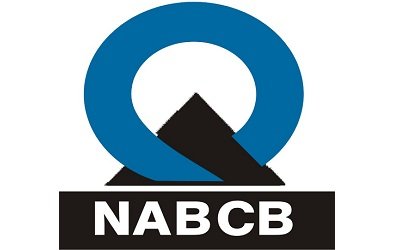Inside BENEO’s new pulse plant: pioneering sustainable protein from faba beans
The National Accreditation Board for Certification Bodies (NABCB), the national accreditation body, and a constituent board of the Quality Council of India, has signed the Multilateral Recognition Arrangement (MLA) of the International Accreditation Forum (IAF) for internationally accepted GlobalGAP Standards and Certification Scheme.
This confers international equivalence to NABCB accreditation of certification bodies in India and certificates issued by such certification bodies to farmers/farmer groups would be acceptable worldwide.
Anil Jauhri, CEO, NABCB said, “We are one of the 26 accreditation bodies worldwide who signed this MLA in Vancouver on October 16. This would help farmers to get GlobalGAP certification under Indian accreditation at lesser cost than they pay for certificates under foreign accreditation.” He further said, “NABCB has currently accredited one certification body for GlobalGAP Scheme and is processing another application.”
Rather than relying on foreign certification bodies and foreign accreditation, Indian certification bodies with NABCB accreditation would be able to certify under GlobalGAP certification and claim international equivalence. This should bring down the cost of accreditation and therefore the cost of certification, thus directly benefitting the farmers seeking GlobalGAP certification.
There is a worldwide emphasis on Good Agricultural and Animal Husbandry Practices to minimize contaminants such as heavy metals, pesticide residue etc and GlobalGAP certification, although a private initiative, has become internationally accepted as a pre-requisite for exporting to markets such as European Union. Therefore, NABCB’s status as a recognized accreditation body under the IAF-GlobalGAP system would directly benefit India’s exports to such markets.
NABCB has already secured international equivalence for its accreditation programmes for ISO 9001 (Quality Management Systems) certification bodies in 2002 and ISO 14001(Environment Management Systems) certification bodies in 2007, ISO 17065 (Product certification) in 2013, ISO 17020 (Inspection bodies) in 2013 and ISO 22003 (Food Safety Management Systems) in year 2014.

